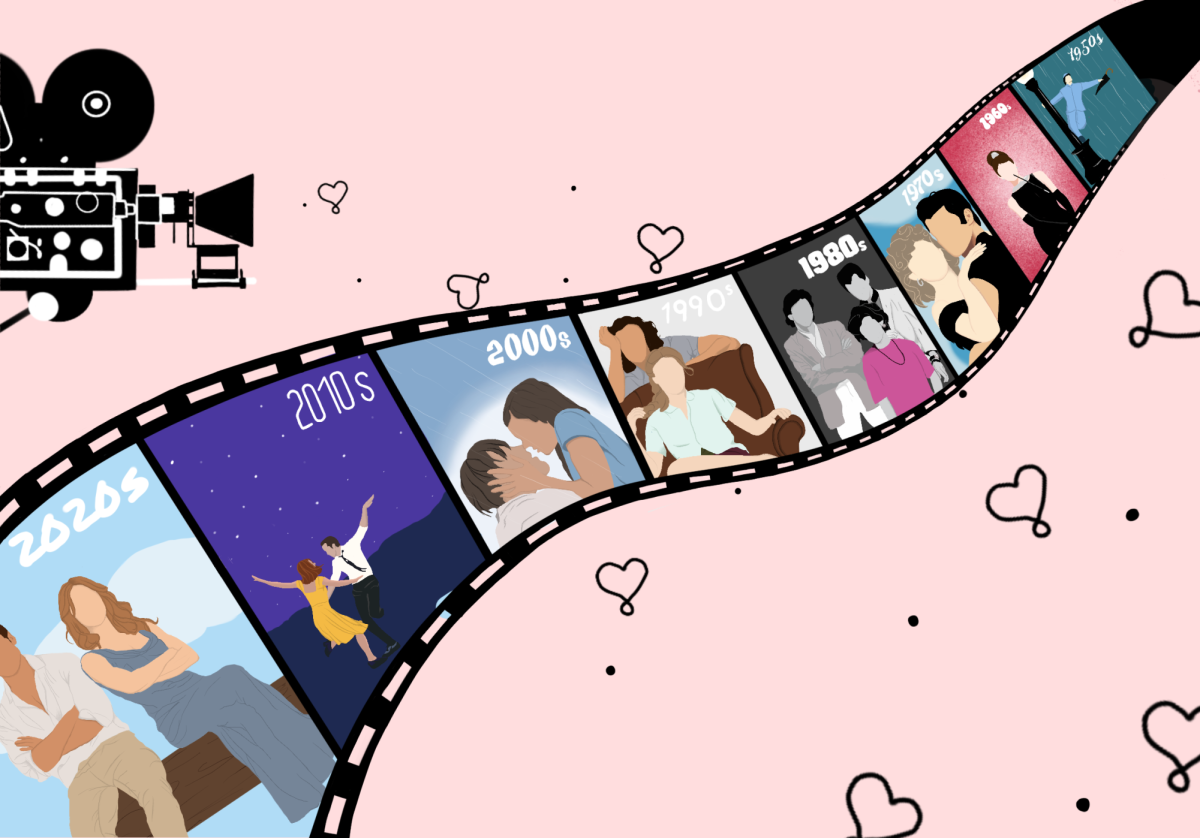March is a month of prominence. Along with the celebration of Saint Patrick’s Day and the spring equinox is Women’s History Month! A culmination of the efforts of American women and men throughout the 20th and 21st century, this national month celebrates women’s contributions to society and culture throughout American history.
However, an essential question hovers in the green and flowery air: has the progress of gender equality been slowing down over the last decades? Continual pushback from a society that has long viewed the social categories of “male” and “female” as necessary and stable, combined with a hostile political climate and persisting gender biases responds with an adamant “yes.”
Taking a journey down history lane, the most prominent early women’s movement in the United States began in 1848 when Elizabeth Cady Stanton and Lucretia Mott held the first women’s rights convention in Seneca Falls, N.Y.
For the next several decades, fundamental rights to own property, manage wages and vote were fought for. The year 1920 witnessed the ratification of the 19th Amendment to the Constitution to entrench women’s rights as citizens of the U.S.
In the ‘60s, alongside the civil rights movement, women achieved the Equal Pay Act. Arriving in March of 1978, the Santa Rosa School District of Sonoma County, Calif., provided the initial inspiration for Women’s History Month. Presentations, essay contests and parades took place, as its success made it to national ears. In 1980, President Jimmy Carter established the week of March 8 as National Women’s History Week.
Carter said, “The achievements, leadership, courage, strength and love of the women who built America were as vital as that of the men whose names we know so well.” Six years later, a petition by the National Women’s History Project persuaded Congress to extend the week to the entire month of March that is better known today.
Despite its ups and downs, it seemed like society was moving in the right direction with gender equality.
However, Foothill Technology High School’s (Foothill Tech) Ethnic Studies and Social Justice teacher, Claire Adams, described that whenever teachers like herself try to teach about the history of other races and genders, “there’s this big pushback against it, it’s just sort of like we should teach traditional American values.”
Furthermore, in a June 2023 research publication, Reuters reported, “Despite a surge in women’s rights groups and social movements like Time’s Up and MeToo in the United States, biased social norms and a broader human-development crisis heightened by COVID-19 … have stalled progress on inequality.”
A clash between perceived “gender values” could even be seen this past summer of 2023 with the supposedly rival “Barbie” and “Oppenheimer” movies. What is this all about?
The short answer: our vulnerable psyche.
In a research paper written by Tessa Charlesworth and Mahzarin R. Banaji at Harvard University’s Department of Psychology, they stated, “The stereotyped roles and attributes associated with male/female often also reveal persistence over time.”
For example, there had been little change in data on ratings of roles played by men and women within a community. Men were more typically associated with the role as a leader, women as a caregiver. Occupation also saw that individuals were more likely to see a man as a chemist and a woman as an elementary school teacher, and ratings of physical appearance commonly assigned “strong” and “dainty” to men and women, respectively.
Charlesworth and Banaji went on to theorize that these gender stereotypes may persist for several reasons. First, “Individual-level cognitive biases, such as confirmation bias or subtyping can make it difficult to notice the changing gender roles in society and thereby limit the opportunity for individuals to challenge and change their stereotypes.”
Confirmation bias is the psychological tendency to want to confirm pre-existing biases which reinforces stereotypes. Instead of actively seeking out contradictory information, people fall back on predetermined views.
On the other hand, subtyping is a way that stereotypes are conserved when people encounter individuals from a larger group who defy the standard image of that group. Instead of changing the standard image of that entire group, people will usually just create a new category — a subtype.
With gender stereotypes, an example might go like this: an individual with the preconceived notion of young girls liking pink more than blue sees a young girl who likes blue. Instead of actually changing the stereotype of young girls liking pink, a new category of “tomboy” might be formed.
Furthermore, unconscious biases against specific groups known as implicit biases occur as our brains implement categorical thinking. They allow the brain to acknowledge cognitive limitations and simplify people upon social categories such as race, gender and age. While unconsciously made, implicit biases are reinforced by society and feed into systems of healthcare, education and the workplace.
Second, Charlesworth and Banaji explained that “Societal-level processes also play a role in stereotype maintenance. For instance, the pervasive communication of gender stereotypes in language creates the perception that stereotypes are collective representations consensually held by everyone in society. As a result of being so widespread and embedded in cultural products, gender stereotypes may be (falsely) perceived as true and therefore as unnecessary to change.”
The power of the vernacular, the everyday language, is brought up here. When derogatory terms for women are used on a daily basis, the unconscious association of disrespectful wording with women might lead to a negative connotation.
Third, they considered the idea of a “cultural lag” that may occur. Even when there have been real developments towards more gender equality, “It may take additional time for these observed changes to trickle into reported stereotypes.” This, again, can be due to a large number of people holding on to their previous beliefs through psychological processes such as confirmation bias or subtyping.
Perhaps this can best be seen in the political climate of the U.S. towards women, who had been pressured by societal norms to stay out of government positions for most of American history. Adams said, “The fact that we’re one of the only wealthier nations in the world that’s never had a female leader says a lot about the progress of gender politics in this country.”
The idea that “truly feminine” women shouldn’t want to achieve higher education or a political standing actually had a phrase, the “feminine mystique,” coined by author and activist Betty Friedan in 1963. According to Brittanica, the feminine mystique described “the societal assumption that women could find fulfillment through housework, marriage, sexual passivity and child rearing alone.” While this term might no longer be as widely used, some sentiments certainly left its traces in American society.
However, don’t lose hope just yet! Generation Z (Gen Z), primarily made up of current high schoolers to recent college graduates entering the workforce, have brought an environment that is both more defiant towards restrictive norms regarding gender identity and accepting of the discussion of new ideas.
Regarding the inclusion of more female figures in history lessons, Bella Hart ‘26 expressed, “I think it definitely brings up more passionate people, especially because we used to not have a lot of women’s views in our curriculum before, and I think that if we bring more of that into our curriculum it’s better for our studies. But I don’t think anyone is hostile towards it, I think it’s a positive thing for us.”
Additionally, Hayden Macdougall ‘24 stated, “I think I strive to be a feminist, I definitely think women deserve more rights, especially today.”
Every day is another opportunity to challenge old habits like procrastination. However, people should also take those opportunities to consider how they can help shape a new societal perspective on gender.
Attending women’s rights protests and signing petitions are exceptional ways to show support towards gender progress. On the other hand, even merely speaking out when you see or hear offensive terminology or being more mindful of your own cognitive biases are what will help in creating a more positive and inclusive future for everyone.
This movement is definitely not something limited to women: men, students, working adults and even procrastinators can all take part in this step towards equality.
















